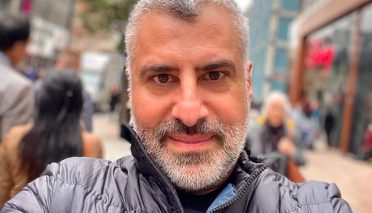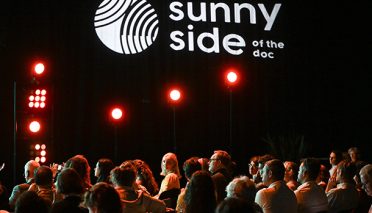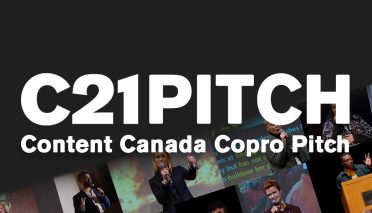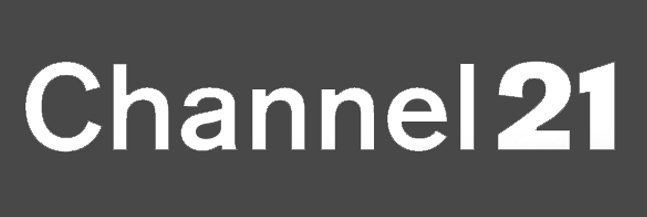Helping clients to monetise their content is a cornerstone of Czech company Tivio Studio’s strategy, explains co-founder and CEO Ladislav Navrátil.
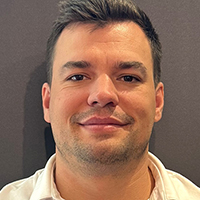
Ladislav Navrátil
The Czech Republic’s Tivio Studio was set up four years ago to tackle the problem of viewers skipping advertisements as they used more interactive ways of watching TV.
Spun off from a company that provided OTT services to major mobile operators, Tivio specialises in content creation and broadcasting solutions that create a “toolkit” to make advertising more effective, says co-founder and CEO Ladislav Navrátil.
“We saw in the data what is happening with advertisements in the broadcasting field. We saw how users are consuming video,” he says. In short, entertainment tech’s growing interactivity is allowing them to avoid ads.
This was an issue that had to be solved, says Navrátil. “[We thought] let’s create a toolkit for broadcasters and operators to manage ads and basically remove them and inject new ones so that people will always see up-to-date advertisements and will not be able to skip them,” he says, explaining a key element of the business.
Following this, the company started focusing more on content creators and helping them monetise what they produce. At the same time, Tivio Studio found itself in the fortunate position of working with major sports organisations, helping them to distribute and monetise their content.
Today, the company has several strands to its business. The first, says Navrátil, is monetisation streams, where it shares revenues from all payments that go through it. These can be pay-per-view and any type of subscription.
The second is ads that monetise free video. “Nowadays, we are pretty big in FAST channels and general linear channels as well, which we started one year ago,” he says.
Third comes streaming, especially of large sports events. “All of these three parts are somehow connected and draw together well,” he adds.
Tivio Studio’s shift into live channels was undoubtedly a key move for the company. “We have created 11 channels in the Czech Republic and Slovak Republic; we are planning to add more,” Navrátil says. “That was a revolution in these markets, where we allow clients to purchase ads on linear TV, to purchase programmatic ads. And this is now the standard for us; this is how clients are purchasing our ads.”
The firm was involved in what was the first programmatic campaign on linear TV in the Czech Republic, for the commercial bank ČSOB in partnership with Adform and Publicis Groupe. The 20-second ad was shown uninterrupted on the DVTV Extra channel, reached up to 270,000 households and with viewing rates of nearly 100%.
DVTV Extra is operated by internet broadcaster DVTV and was initially available only to T-Mobile customers. However, it secured carriage on the IPTV service Sledování TV in September and is expected to become available on terrestrial TV by the end of the year.
According to Navrátil, Tivio Studio can undertake TV audience measurements more accurately than the long-established tool Peoplemeter. It can review every device used by operators and is present in 1.2 million households in the Czech Republic. The company expects that to rise to four million, or almost every home in the country, by the end of the year.
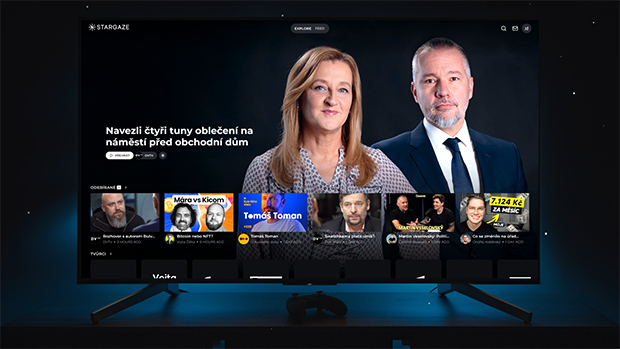
Tivio Studio B2C service Stargaze.com
“Everywhere we are selling programmatic or direct-to-buy advertising. But most important are always online advertisements on big screens,” says Navrátil.
According to the exec, Tivio’s clients range from broadcasters to content creators more broadly. The former include Joj, the second largest TV station in Slovakia, and the latter include the mixed martial arts organisation Oktagon MMA.
Based in the Czech Republic and Slovakia, Oktagon MMA is “an amazing content creator” in its own right, Navrátil says, with a global presence, particulrly Europe. He notes that it has just achieved a record attendance of more than 59,000 people at a stadium event in Frankfurt.
Navrátil adds that Tivio Studio launched a business-to-consumer strand called Stargaze.com a year ago, describing it as “a service for content creators, where you can come and start creating your content.” Users can also create a paywall around of some of their content.
Significantly, Tivio Studio is on the verge of creating a premium channel for a major football team in the Czech Republic. It is also increasingly working with Slovak journalists who have lost their jobs at TV stations as the country establishes closer political links with Russia. “This creates some big opportunities for us,” comments Navrátil, adding that many of these journalists are launching their own services.
Tivio Studio’s ambitions extend beyond the Czech Republic; it recently announced plans to expand into Poland and other parts of Central and Eastern Europe. In fact, Navrátil says: “We have two streams of expansion, one is the CEE region, the other is German-speaking countries.
“This year we are starting with Poland, but we’re also starting to analyse Hungary, Romania and Serbia.” He admits it will not be able to do everything at once but will try to do as much as it can in the early stages.
Looking at Poland, Tivio has appointed Łukasz Wysocki as the new VP of partnerships for the region. In this key role, Wysocki will lead the company’s efforts to establish strategic partnerships and spearhead its expansion.
Navrátil says Tivio Studio will start by introducing Stargaze.com to the Polish market. It will “work with content creators and create new linear channels as well. I cannot tell you right now what kind of channels, as it’s a bit too soon, but we have amazing technology [to monetise the channels].”
Indeed, in Navrátil’s view, creating new linear channels is easy – the real challenge is monetising them. The problem has tended to lie with operators, which act as gatekeepers, and when technological advances can slow down progress, he says. However, he claims Tivio Studio has solved this. “Now we have an integration-led solution in which we work with them all.”
Clients such as Vodafone and Deutsche Telekom’s Czech and Slovak subsidiaries can enable this solution, and it allows them to earn much more money than previously. Navrátil believes that by operating in several countries “there is the possibility to create something big.”
Moreover, Tivio can offer clients something unique, for example, bringing their content to TV. This, he says, is “very specific, very rare” and something the company will do in other countries, allowing it to grow quickly.
Ultimately, the company offers clients the best way to monetise their content. Its strategy, says Navrátil, enables content to be where the users are.



